In my 2016 Korean language class at Kyunghee University Language Institute in Seoul, there was a very special student. Ms. Kiyomi, a Japanese, was in her sixties but her love for the Korean language was intense.
In and out of class, she was always more studious and spoke Korean more often than us. She said that when she was a civil servant, she was very passionate about Winter Sonata , a tearful Korean drama that took over Asia. The film was filmed mainly in Chuncheon and Nami in Gangwon-do Province, two locations that became famous thanks to the 2002 drama.
In fact, she loves Kang Joon-sang, played by Bae Yong-joon, more than the drama. So Nami and Chuncheon are the tourist spots she needs to visit, and Korean is her goal to learn after retirement so that she can feel closer to her idol.
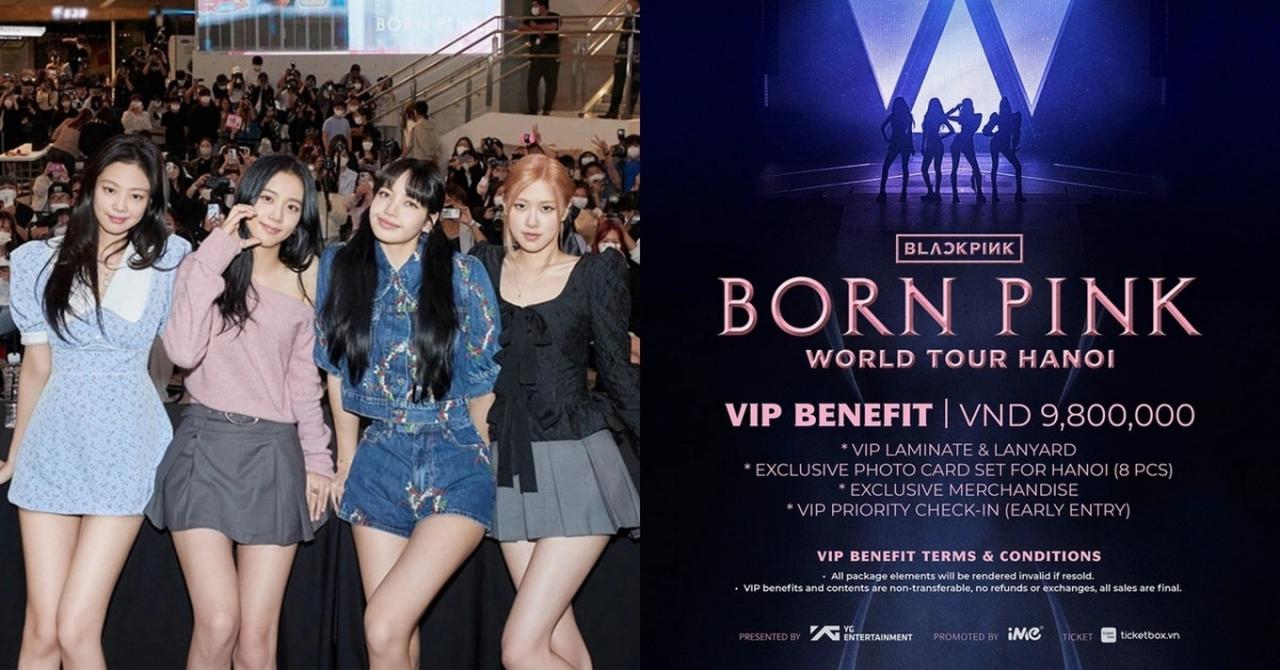
The highest ticket price for BlackPink in Hanoi is nearly 10 million VND (Photo: Organizing Committee).
Not only in Japan, the Korean cultural wave (Hallyu) has spread strongly to China and Southeast Asian countries, including Vietnam and now to countries across the ocean in South America, which possess many colors in their cultural and spiritual life.
The soft power of Hallyu with its openness has conquered the local people and gradually overwhelmed the native culture. Local people have also gradually become familiar with, trusted and loved the goods from Korea.
Studies in Vietnam also confirm that the success of Korean culture including K-drama (Korean television series), K-music (Korean music), K-food (Korean cuisine)... always goes hand in hand with both economic and cultural aspects, from awareness to consumer behavior.
Therefore, it is not surprising that Netflix recently announced that they will invest 2.5 billion USD in the Korean online movie industry. This will help add another arm, contribute a new strength for Koreans to promote their culture to the outside in a period full of competition for cultural influence between countries.
Why does South Korea have such soft power? They are reaping the successes that they have devoted a long time over many decades to invest in a clear and methodical roadmap. That is the national economic development strategy that goes up and out of culture, and K-drama is the starting point to export other things like cosmetics, music, and cuisine.
Even the French, who are as sophisticated in their food, have to give in and be tamed by K-food, so nothing is impossible for Hallyu.
In Vietnam, a more detailed survey from 2010 to present, the research team of Hanoi National University has drawn many conclusions showing that young people in Hanoi in the age group of 15-30, are willing to spend 125,000 VND per month to buy an application to "plow through" Korean dramas. They happily spend from 300,000 VND to 5.5 million VND for tickets to see a show and have participated in all 4 major music shows of music groups from Korea (2010 to 2015), although this amount accounts for a significant proportion of their modest income because they have just started working, and those who have not started working yet of course have to ask their parents for money.
Regarding cuisine, out of 240 people interviewed, 180 said that they love Korean cuisine and spend from 700,000 VND to 2 million VND on this passion; some even spend up to 10 million VND, accounting for 1/8 of their annual income. In addition, they also spend from 3 million to 3.5 million VND per year on cosmetics and learning Korean.
There are many controversies about these spending levels because in the above age group, many people do not have a stable income but are still "generous" with Hallyu. The positive and negative aspects of the Korean cultural wave in Vietnam are still being proposed for further research, but recently it has stirred up again with the concert scheduled for the end of July by the group Blackpink.
I followed the opinions on social networks and generally welcomed the music group from Korea, looking at it from the perspective of cultural exchange, entertainment and contributing to tourism development. However, people opposed the unit organizing the show because this unit was related to the map with the "cow tongue line". The spokesperson of the Ministry of Foreign Affairs also spoke out about the incident and the authorities are verifying it.
Blackpink's show tickets sold out very quickly despite not being cheap and created a lot of buying and reselling, which partly shows that the soft power of the Hallyu wave has never stopped rolling. As a Vietnamese, I oppose any expression and claim related to the "cow tongue line" and I am sure you do too. Because the authorities are working as the Spokesperson of the Ministry of Foreign Affairs has said, I will not discuss this issue in detail here.
Returning to the topic of the article, the Korean cultural wave, it did not "suddenly appear" but was formed from popular movies, music groups...
Look at the effect that Blackpink has had in the countries where they have "swept" in recent times. The group's concerts in Tokyo (Japan) and Bangkok (Thailand) in May have helped the localities where they toured explode in tourism revenue. Blackpink's "righteous" fans from surrounding countries, regardless of space and time, are always in the mood to hunt for tickets and book rooms to "burn" with their idols in one or two concerts.
How much Tokyo and Bangkok will earn from that concert needs further research, but the tourism image of those countries, which is already famous, has once again created a good impression in the minds of young people in surrounding countries. Some Vietnamese travel companies also recently said that with the news of Blackpink coming to Hanoi, online booking sites, airline tickets, etc. have also started to operate more actively.
Music tourism is not a new story in many countries. Malaysia, Hong Kong (China), India, Singapore, South Korea and Thailand have really reaped the sweet fruits of music tourism for a long time, thanks to shows with music superstars like Blackpink, Taylor Swift...
Recently, many people have suggested that Vietnam should pay attention to music tourism in the context of fierce competition between countries to attract tourists like today. Some people even joked that the Sea Games could consider organizing a new event: a race to buy Taylor Swift concert tickets, after Taylor Swift announced that she would bring The Eras Tour to Singapore. In just one day of ticket sales, more than 8 million people from Southeast Asian countries registered to buy tickets, surpassing the official population of Singapore, forcing the organizers to double the number of shows. However, the number of tickets sold only met less than 5% of the fans eager to see the contemporary pop princess.
A new forecast from Future Market Insights claims that the global music tourism market could reach $11.3 billion in the next 10 years. Economists from West Virginia University in the US say concerts are an economic driver, attracting not only domestic but also international visitors.
Recently, when I take a taxi or hang out with many Korean friends there, I enjoy when this group of Koreans plays See Tinh , a Vietnamese hit, to listen to. Or my Chinese friend who is studying at the same institute as me often asks about the Vietnamese singer who covered this song See Tinh , because their country is having a reality TV show called "Dap Gio". Through this story, I wish that one day, not only Vietnamese music but also Vietnamese culture in general will have shows in Korea like the way they are doing with us.
In reality, with an undeveloped music industry, we may need more time to build monuments worthy of international standards to act as "magnets" to attract tourists. But now we can completely join hands with Korea and other countries to bring music superstars to organize in famous tourist destinations in Vietnam, not like now only in Hanoi or Ho Chi Minh City. Of course, we need to closely work with the organizing units to avoid problems like the current ones.
Strategic agencies need to carefully study the way Korea's "soft power" has been implemented over the past decades. We cannot just "talk big" today and go out to the world tomorrow, but need a systematic roadmap, with real depth and close coordination in the direction of "top-down cooperation" from top to bottom as well as from bottom to top.
Vietnamese people have been willing to consume your cultural products, so we must also make you willing to support our cultural products. Only then will it be a true game for strategic and sustainable partners.
Author: Nguyen Nam Cuong is a lecturer at FPT University, a graduate student in Human Geography at the AKS Korean Studies Institute (Korea). He is also the author of many television series about Korea, Colombia and the Mekong Delta.
Dantri.com.vn


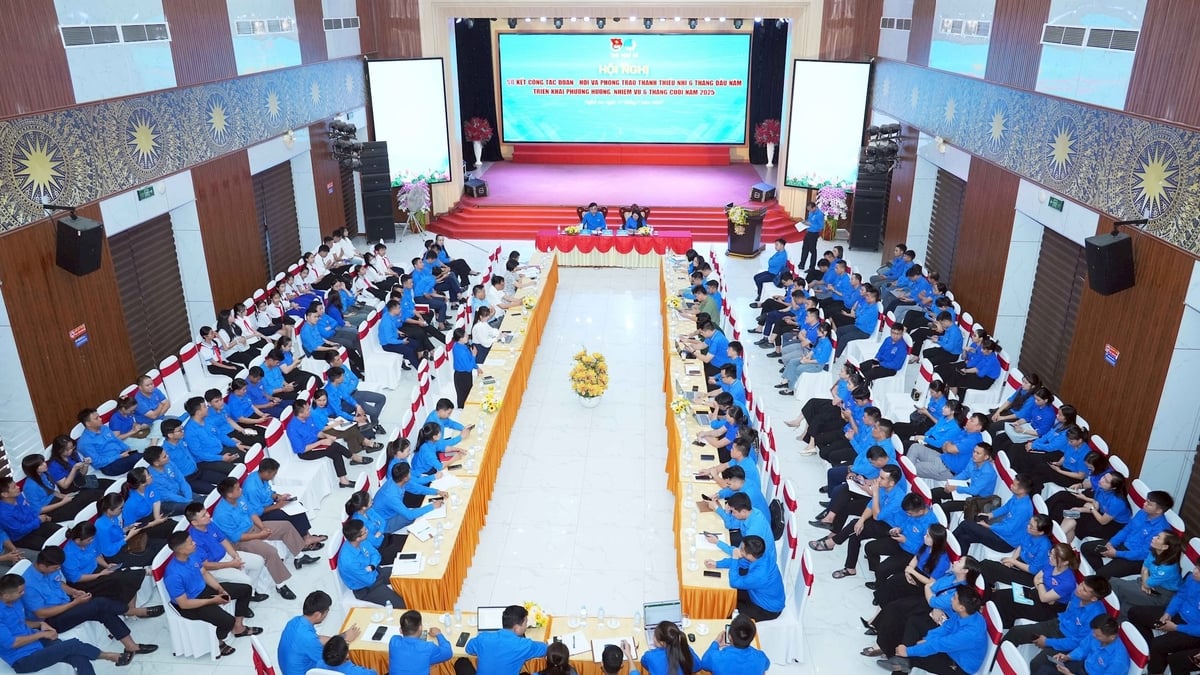
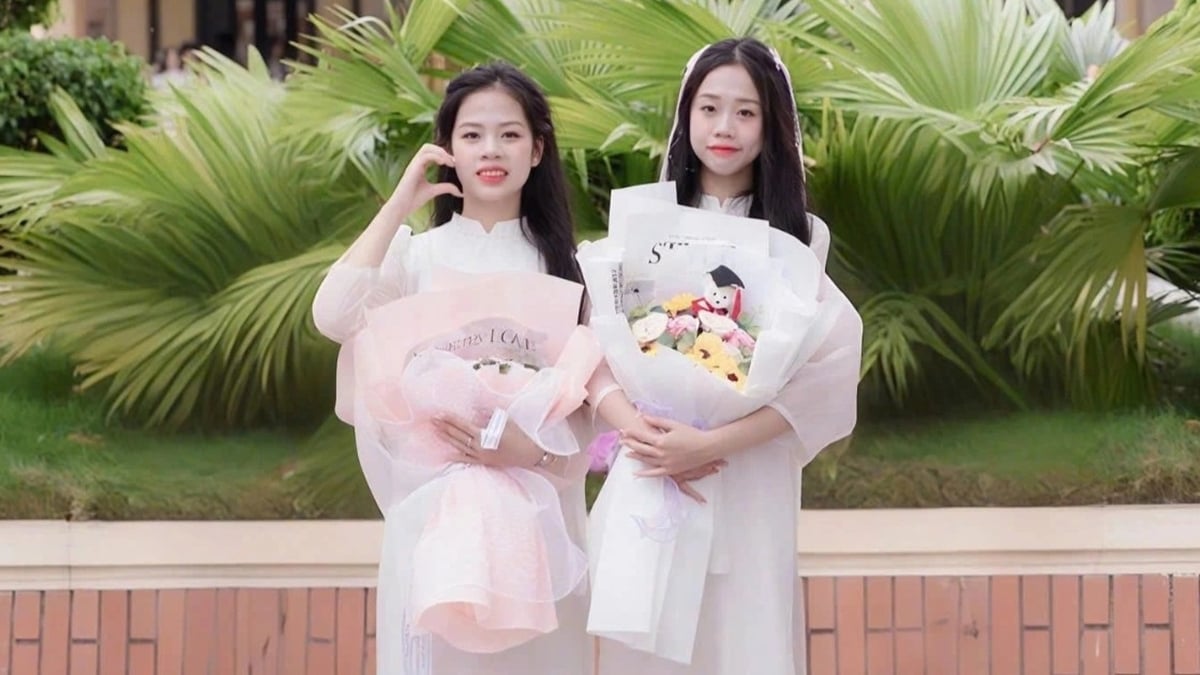

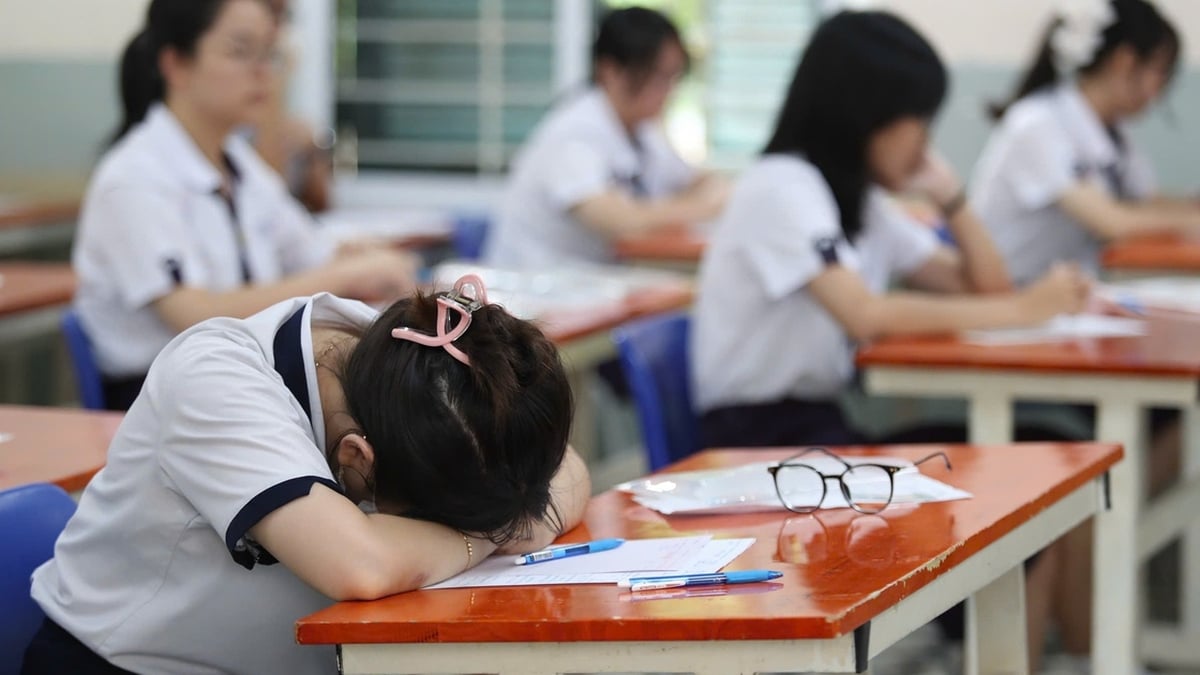

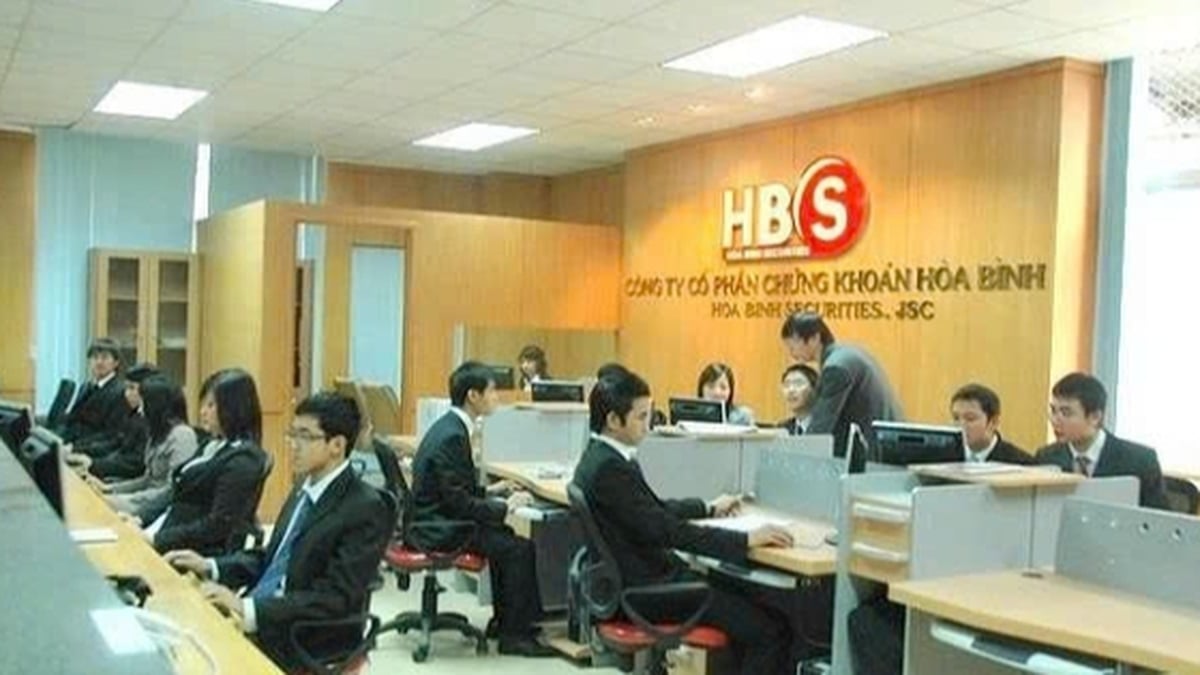



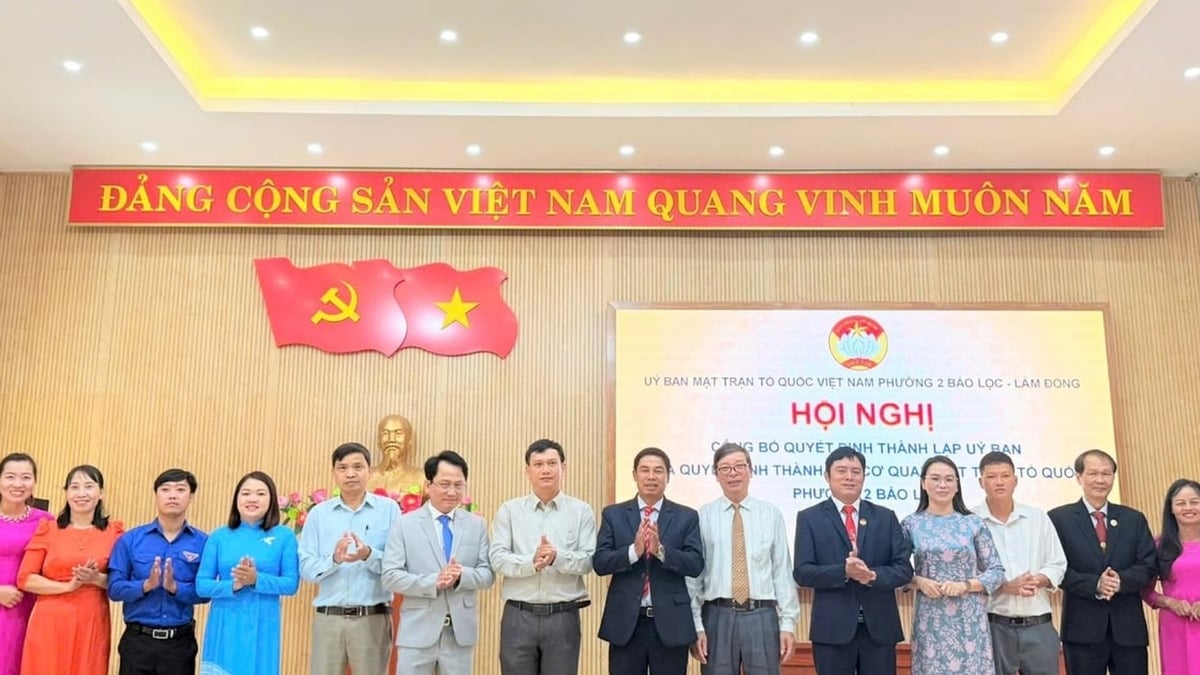





































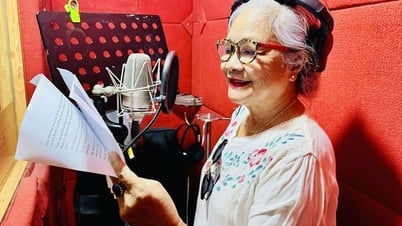

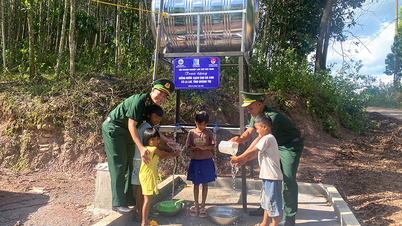




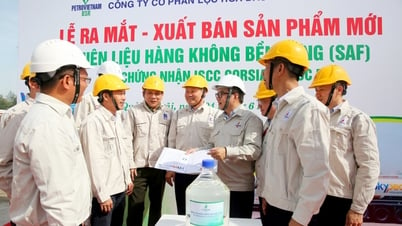



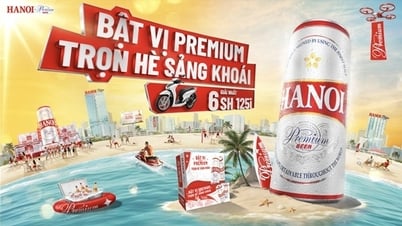

![[Maritime News] More than 80% of global container shipping capacity is in the hands of MSC and major shipping alliances](https://vphoto.vietnam.vn/thumb/402x226/vietnam/resource/IMAGE/2025/7/16/6b4d586c984b4cbf8c5680352b9eaeb0)






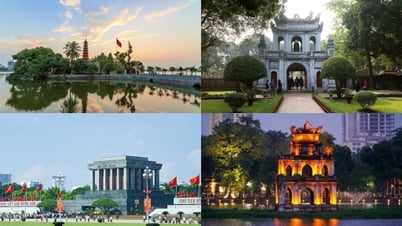

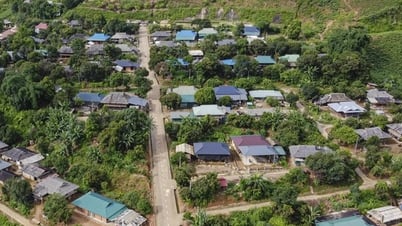

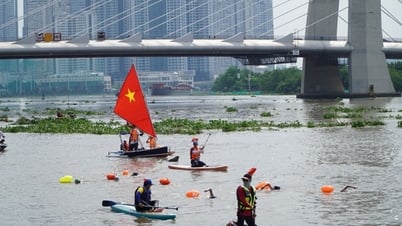


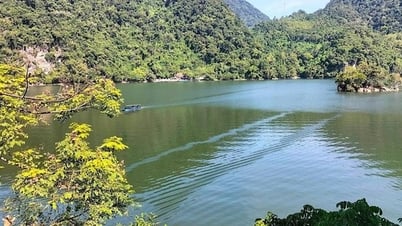
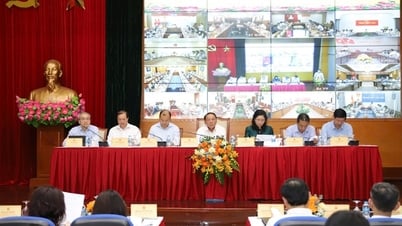























Comment (0)